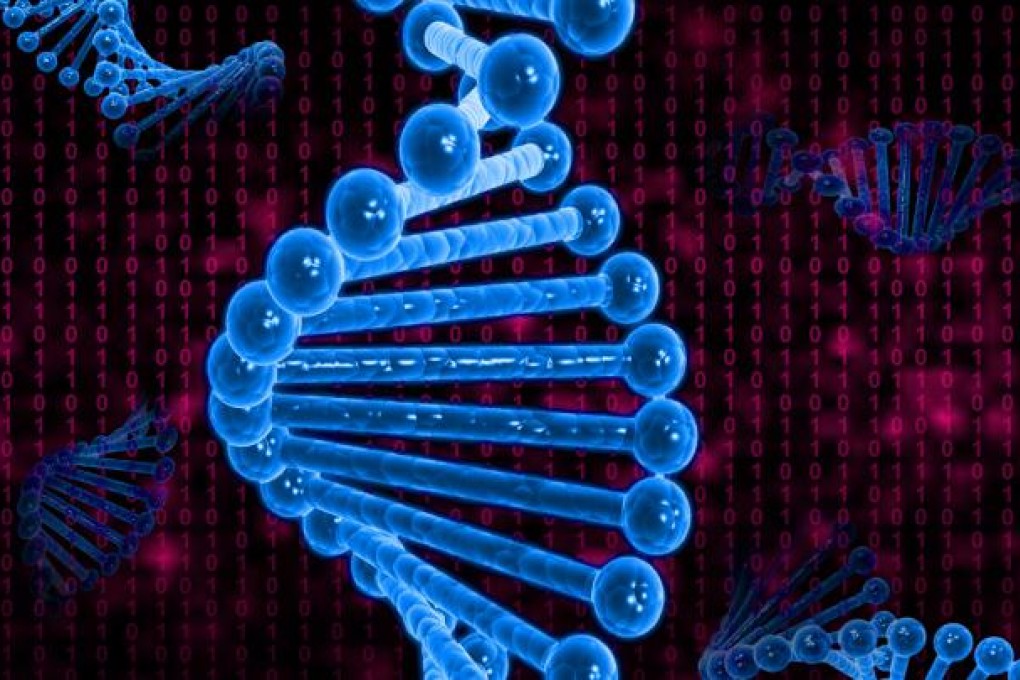British scientists use man-made DNA speck to store 739kB of digital data
British scientists put Shakespeare's sonnets onto barely visible speck and say all the world's digital information could be similarly preserved

Scientists in Britain have announced a breakthrough in the quest to turn DNA into a revolutionary form of data storage that could fit the world's entire three billion terabytes of stored data into the palm of your hand.

"We already know that DNA is a robust way to store information because we can extract it from bones of woolly mammoths, which date back tens of thousands of years, and make sense of it," said Nick Goldman of the European Bioinformatics Institute in Cambridge, a co-author of the study published in the journal Nature on Wednesday.
The study reported that the institute's team had stored all 154 Shakespeare sonnets, a photo, a PDF of a scientific paper, and a 26-second sound clip from US civil rights leader Martin Luther King Jnr's "I Have a Dream" speech in a barely visible bit of DNA in a test tube.
"We downloaded the files from the web and used them to synthesise hundreds of thousands of pieces of DNA. The result looks like a tiny piece of dust," said Emily Leproust of Agilent, a biotech company that took the digital data and used it to synthesise molecules of DNA in a laboratory in the United States.
Agilent then mailed the sample across the Atlantic to the EBI, where the researchers soaked it in water to reconstitute it and used standard sequencing machines to unravel the code. They recovered and read the files with 100 per cent accuracy. "It's also incredibly small, dense and does not need any power for storage, so shipping and keeping it is easy," Goldman added.
The process involved converting the ones and zeroes of digital information into the four-letter alphabet of DNA code. That code was used to create stands of synthetic DNA. Then machines "read" the DNA molecules and recovered the encoded information perfectly. The reading process took two weeks, but technological advances are driving that time down, said co-author Ewan Birney of the institute.